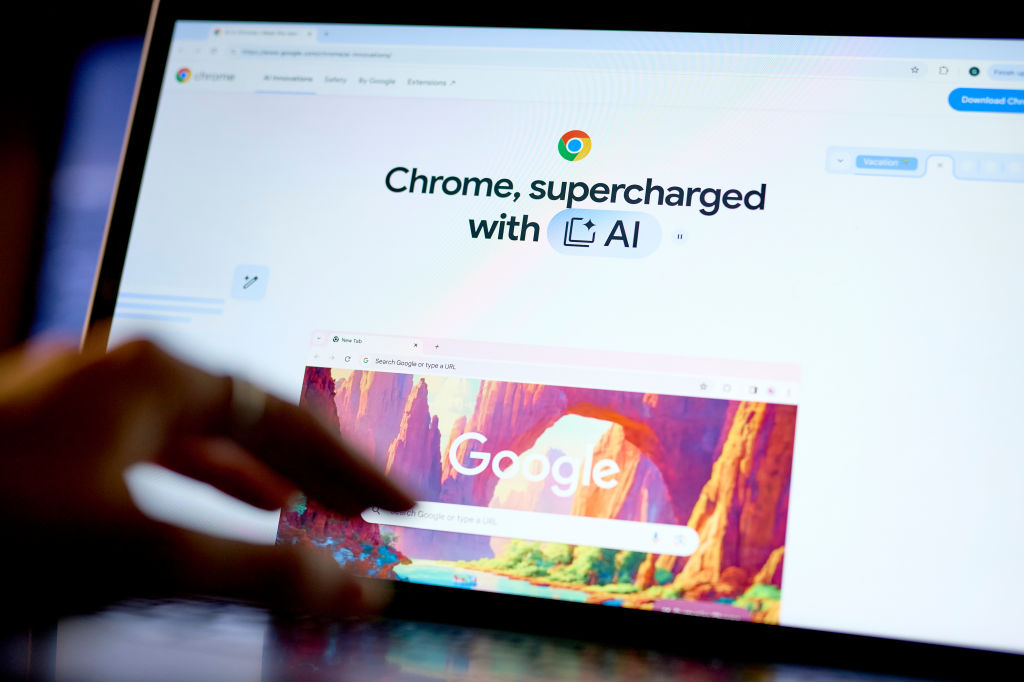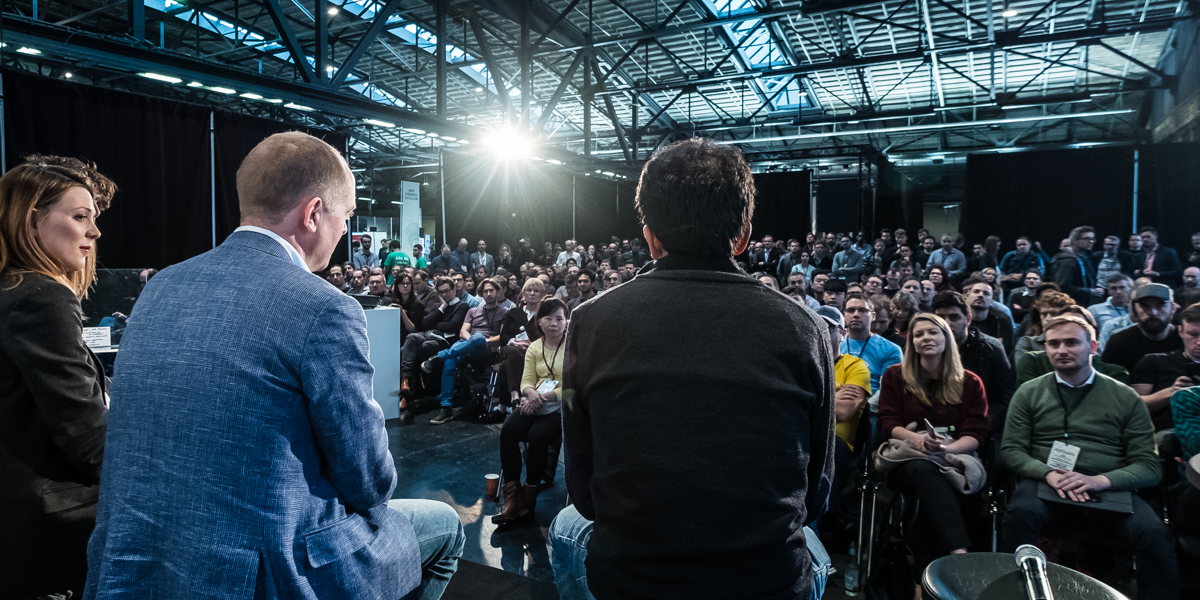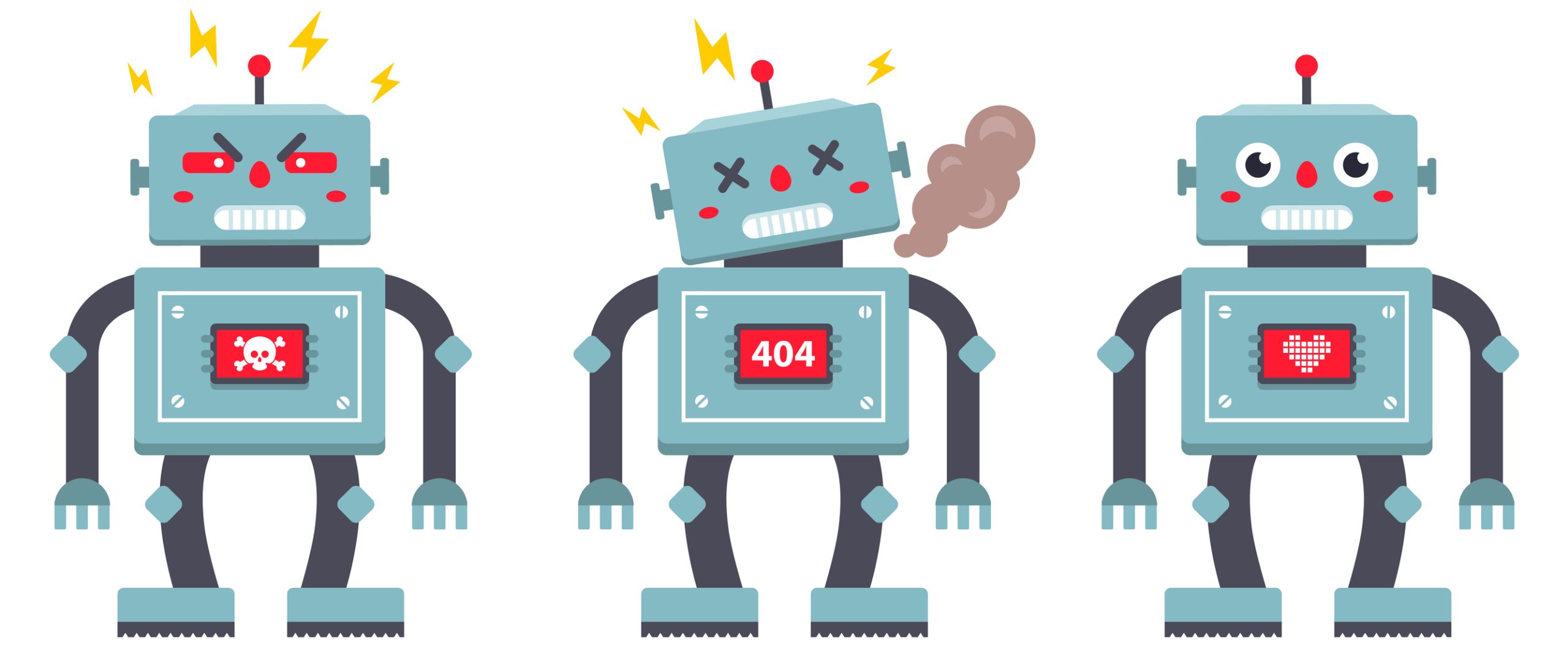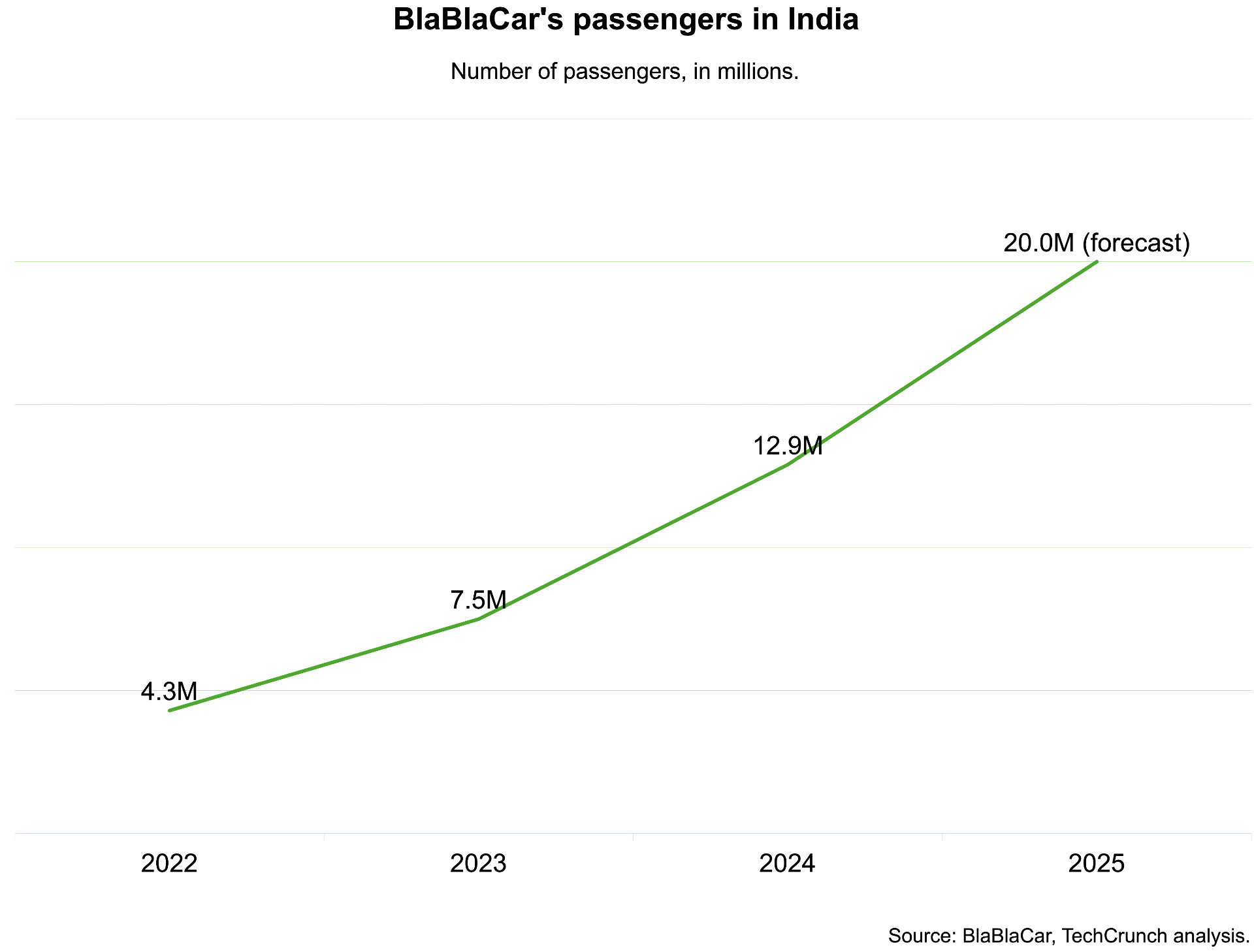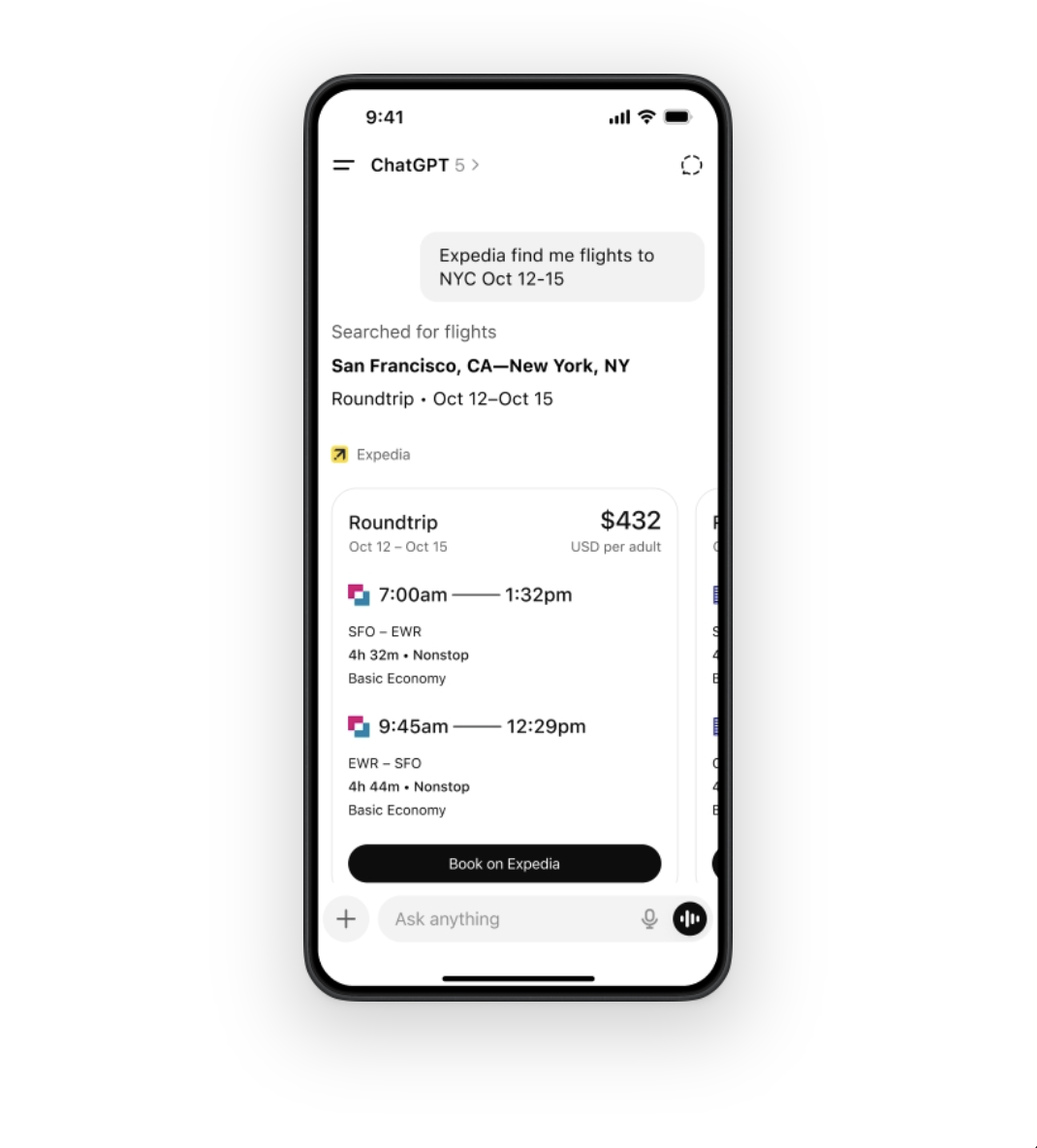
OpenAI has recently ushered in a significant new era for its flagship conversational artificial intelligence, ChatGPT, by rolling out direct application integrations that fundamentally transform how users interact with digital services. This strategic enhancement allows individuals to seamlessly connect their existing accounts from various platforms directly to ChatGPT, empowering the AI assistant to execute tasks and provide highly personalized experiences without requiring users to navigate away from the conversational interface. The move marks a pivotal shift from merely generating text to actively performing functions across a wide array of popular applications, including industry giants like Spotify, Canva, Figma, Booking.com, and Zillow.
The Genesis of Conversational AI and Its Evolution
The journey of conversational AI has been one of rapid innovation and expanding capabilities. When OpenAI first introduced ChatGPT to the public in late 2022, it sparked a global phenomenon, demonstrating an unprecedented ability to generate human-like text, answer complex questions, and even write code or creative content. Initially, its power lay primarily in its linguistic prowess, offering a sophisticated interface for information retrieval and content creation. However, the vision for AI has always extended beyond passive interaction. The concept of an "agentic AI"—an intelligent system capable of understanding user intent and acting upon it across different digital environments—has been a long-standing aspiration in the field of artificial intelligence.
The introduction of these app integrations represents a crucial step toward realizing that vision. Building upon earlier iterations of "plugins" that allowed ChatGPT to access external tools, these new direct integrations offer a more deeply embedded and streamlined experience. This evolution signifies OpenAI’s commitment to transforming ChatGPT from a powerful conversational tool into a comprehensive digital assistant that can not only comprehend complex requests but also orchestrate actions across a user’s digital life, thereby blurring the lines between information retrieval and task automation.
Streamlined Access and Configuration
Engaging with these new capabilities has been designed to be intuitive for users. The primary method involves initiating a prompt within ChatGPT by simply typing the name of the desired application at the outset. For instance, a user might begin a query with "Spotify, create a playlist…" or "Canva, design a poster…". Upon recognizing the app reference, ChatGPT will guide the user through a secure sign-in process to connect their respective account, establishing the necessary authorization for the AI to interact with the external service.
For users preferring a more centralized setup, the integrations can also be managed directly through ChatGPT’s settings menu. Navigating to the "Apps and Connectors" section provides a comprehensive overview of available applications. From this hub, users can browse, select, and connect their accounts to multiple services in a single session, streamlining the initial configuration process. Each connection redirects the user to the respective app’s sign-in page, ensuring that authentication and authorization are handled by the third-party service itself, maintaining a layer of security and trust.
Navigating the Data Privacy Landscape
While the convenience and utility of these integrations are undeniable, they introduce significant considerations regarding data sharing and user privacy. Connecting an external application to ChatGPT inherently means granting the AI assistant access to certain data associated with that account. For example, linking a Spotify account enables ChatGPT to view playlists, analyze listening history, and access other personal preferences. Similarly, connecting a travel platform like Booking.com or Expedia could expose travel preferences and booking history.
OpenAI emphasizes the importance of reviewing the permissions requested during the linking process. Users are advised to carefully examine the scope of data access they are granting, understanding that this information is utilized to personalize and enhance the AI-driven experience. The trade-off is clear: greater personalization often comes with increased data exposure. However, users retain ultimate control, with the ability to disconnect any integrated app at any time directly from ChatGPT’s settings menu, thereby revoking access to their data. This empowers individuals to manage their digital footprint and privacy preferences proactively.
Spotlight on Key Integrations: Transforming Daily Tasks
The initial suite of integrated applications spans diverse sectors, each promising to redefine user interaction within its domain.
Travel Planning with Booking.com and Expedia
For frequent travelers or those planning a getaway, the integrations with Booking.com and Expedia offer a novel approach to itinerary management. Users can leverage ChatGPT to articulate complex travel requirements in natural language. Instead of sifting through numerous filters on a website, one could simply ask, "Booking.com, find hotels in Miami for two adults from July 10-15 with breakfast included, near public transport, under $200 per night." The AI assistant then processes these nuanced requests, presenting tailored options. Similarly, with Expedia, users can inquire about flights and hotels, specifying parameters like star ratings or travel dates. The AI’s ability to understand context and preferences streamlines the search, allowing users to compare options by rating, duration, and cost directly within the chat interface, before finalizing bookings on the respective platforms. This marks a shift towards more intuitive, conversational travel planning, potentially simplifying a historically complex and time-consuming process.
Creative Design with Canva and Figma
The creative industries are also experiencing a significant boost through integrations with Canva and Figma. Canva, a popular graphic design platform, now allows ChatGPT to act as a design assistant. Users can prompt the AI to generate visual content for various purposes, such as "Canva, create a fun poster for a dog-walking business with a playful font and bright colors for Instagram stories," or "Canva, design a 16:9 slide deck about our Q4 roadmap." While AI-generated designs might require human refinement to correct occasional imperfections or spelling errors, they serve as powerful starting points, accelerating brainstorming and reducing the initial blank-canvas challenge. This democratization of design empowers individuals and small businesses to rapidly prototype visual content.
Figma, a collaborative interface design tool, similarly benefits from AI integration. ChatGPT can now assist in generating diagrams, flowcharts, and even comprehensive product roadmaps based on textual descriptions. This functionality is invaluable for turning abstract ideas and brainstorming sessions into structured, visual representations. Teams can upload project files and ask the chatbot to outline milestones, deliverables, and deadlines, fostering better organization and focus. These integrations reflect a growing trend where AI augments human creativity, handling the initial heavy lifting so designers can focus on refinement and conceptualization.
Personalized Learning with Coursera
The Coursera integration addresses the growing demand for accessible and personalized education. Learners can utilize ChatGPT to discover relevant online courses tailored to their specific skill levels and interests. A prompt like, "Coursera, find an intermediate-level course on Python that focuses on data science," can yield immediate, targeted recommendations. The chatbot can then provide concise rundowns of course content, compare options based on user-specified criteria like ratings, duration, and cost, and help learners make informed enrollment decisions. This personalized educational pathway has the potential to make lifelong learning more efficient and engaging, adapting to individual needs and learning styles.
Curating Audio Experiences with Spotify
The Spotify integration offers a highly personalized auditory experience. Users can command ChatGPT to create custom playlists based on their mood, activities, or specific artist preferences. "Spotify, create a high-energy playlist for a morning workout," or "Spotify, build a playlist featuring only songs by The Beatles," are now simple conversational requests. Beyond playlist generation, the AI can suggest new artists, podcasts, and audiobooks, intelligently anticipating user tastes based on past listening habits. Furthermore, ChatGPT can perform direct actions within the Spotify library, such as adding or removing items, transforming the music discovery and management process into a more interactive and hands-free experience.
Streamlining Home Search with Zillow
For individuals navigating the often-complex real estate market, the Zillow integration introduces a more streamlined home search. Prospective buyers or renters can articulate their housing criteria in natural language, asking ChatGPT to find homes that meet specific parameters. "Zillow, find houses for sale in Austin, Texas, between $400,000 and $600,000, with at least three bedrooms and two bathrooms, in neighborhoods with good schools." The AI can then apply these filters efficiently, presenting relevant listings and simplifying the initial scouting phase, making the search process less overwhelming and more tailored to individual needs.
Broader Market and Social Implications
This wave of integrations marks a significant step towards the "platformization" of AI, positioning ChatGPT not just as a standalone tool but as a central orchestrator of various digital services. This development is likely to intensify competition within the AI ecosystem, as companies vie to become the primary interface through which users interact with their digital lives. It accelerates the trend towards "agentic AI," where intelligent systems perform actions on behalf of users, potentially ushering in new business models focused on AI-powered concierge services or enhanced user experiences.
From a social and cultural perspective, these integrations could fundamentally alter daily routines. Tasks that once required opening multiple apps and websites might now be consolidated within a single conversational interface. This shift could lead to greater efficiency and convenience, but also raises questions about digital dependency, the homogenization of user interfaces, and the potential for algorithmic bias in recommendations. The balance between enhanced personalization and maintaining user agency will be a critical ongoing discussion.
The Road Ahead: Expanding Horizons
OpenAI has indicated that the initial rollout of these app integrations is merely the beginning. The company plans to welcome additional partners in the near future, promising integrations with prominent services such as DoorDash, OpenTable, Target, Uber, and Walmart later in the year. These upcoming additions will further extend ChatGPT’s reach into areas like food delivery, restaurant reservations, retail shopping, and transportation, solidifying its role as a multifaceted digital assistant.
Currently, the availability of these app integrations is limited to users in the U.S. and Canada, with plans for expansion to other regions, including Europe and the U.K., anticipated at a later date. This phased rollout allows OpenAI to refine the technology and address any regional specificities or regulatory requirements before a broader global deployment. The long-term vision appears to be a ChatGPT that acts as a universal gateway, seamlessly connecting users to virtually any digital service they require, transforming the landscape of human-computer interaction into a more intuitive, conversational, and action-oriented experience.

